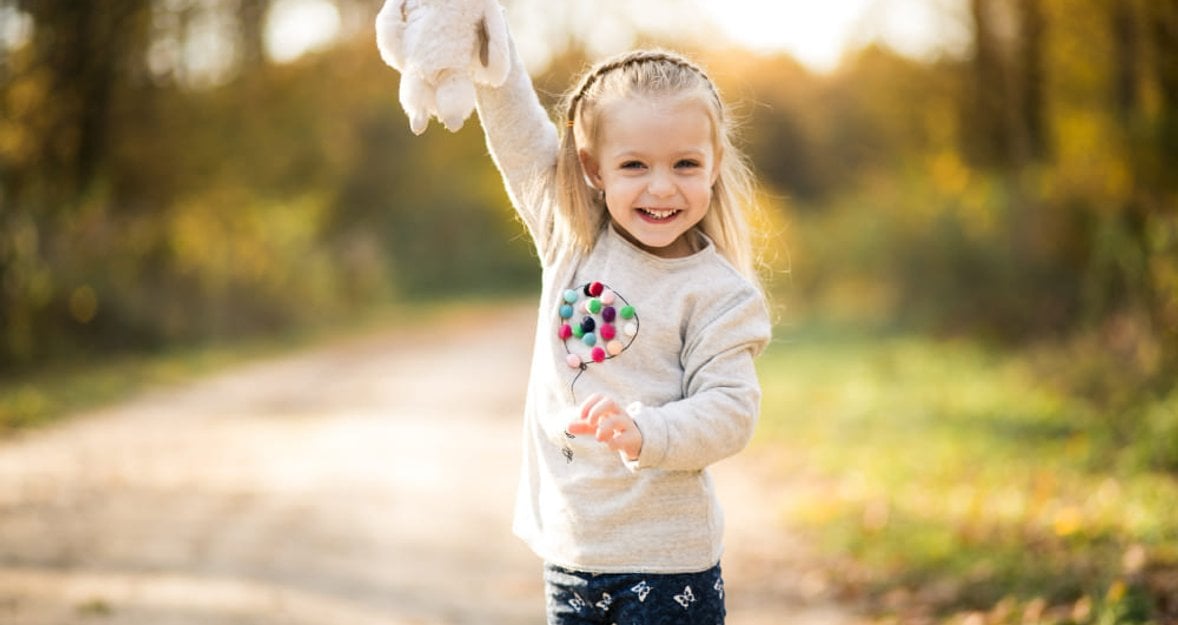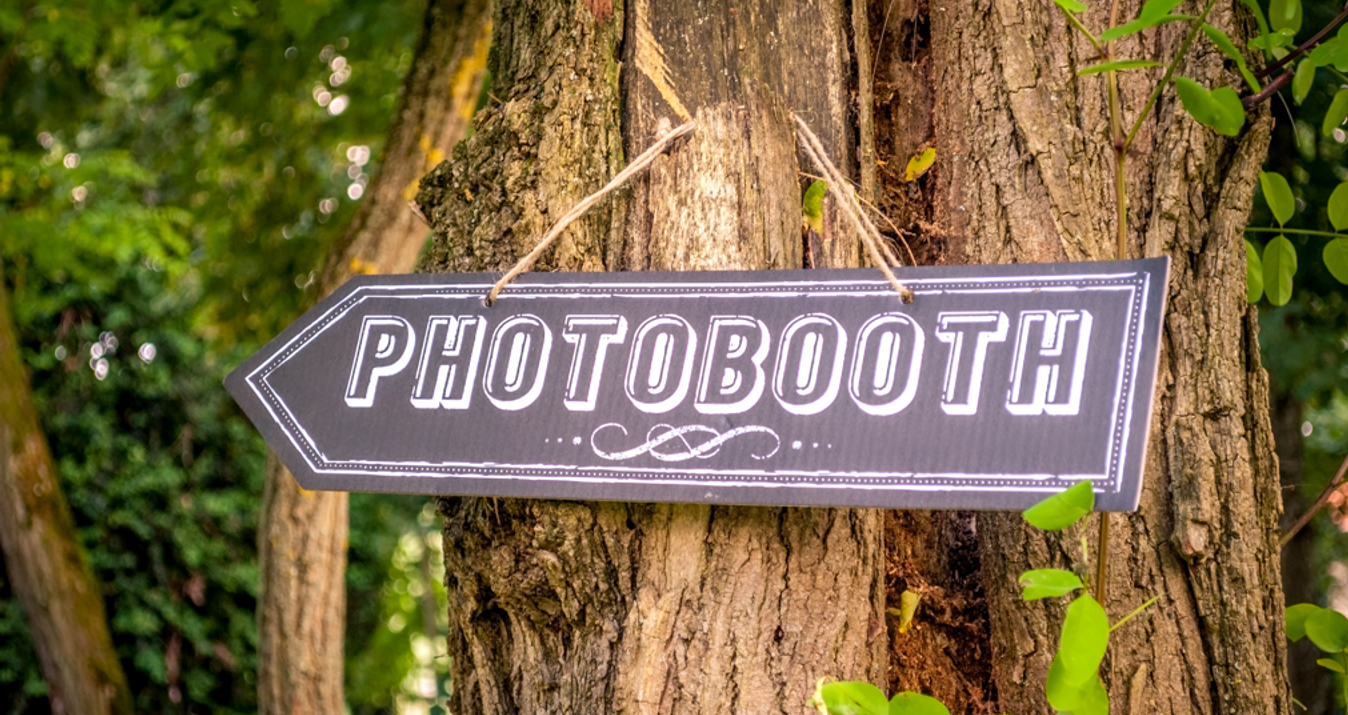Tips For Creating Emotionally-Rich Child Portrait Photography
August 20, 2024

Unlock the secrets to emotionally-rich child portrait photography. Explore our tips to elevate your skills and create unforgettable images of children.
What is the difference between a standard photo of a child and one that captures deep, impactful emotion? High-quality child portrait photographers understand this distinction, and it’s the reason parents hire them to create cherished memories that can be proudly displayed long after their child has grown up. If you’re looking to create such emotionally-rich images, this guide will walk you through how to capture high-quality child portraits and how to engage the child in a way that makes the shoot enjoyable and successful.
Understanding the Child’s Perspective
 Children are in a constant state of discovery, learning about the world around them every day. Even during play, they are developing essential skills such as problem-solving, creativity, and emotional regulation. They often view the world with a sense of curiosity and wonder, and as a photographer, this is what you want to capture.
Children are in a constant state of discovery, learning about the world around them every day. Even during play, they are developing essential skills such as problem-solving, creativity, and emotional regulation. They often view the world with a sense of curiosity and wonder, and as a photographer, this is what you want to capture.
- Tip: One of the key ways to elevate a standard child photo into a high-quality portrait is to get on their eye level. While parents may often shoot from their own height, photographing the child from above, a skilled photographer will crouch down to meet the child's gaze, capturing the world from their perspective. This not only helps connect with their view but also helps the child feel more at ease during the shoot. Standing above them, especially as a stranger, can feel intimidating for a child. By crouching down to their level, you reassure them and make the session more comfortable and natural.
Building Trust and Comfort
 One of the most critical aspects of capturing a great child portrait is ensuring that the child feels comfortable and trusts you. When a child is happy and relaxed, they are far more likely to cooperate and participate willingly in the shoot. Here are several ways to build that trust and comfort:
One of the most critical aspects of capturing a great child portrait is ensuring that the child feels comfortable and trusts you. When a child is happy and relaxed, they are far more likely to cooperate and participate willingly in the shoot. Here are several ways to build that trust and comfort:
Eye-Level Angles: Getting down to the child’s level helps create a connection and makes you appear less intimidating, allowing the child to feel more at ease.
Constant Positive Communication: Offer plenty of encouragement and praise. Let the child know they are doing a great job, which boosts their confidence and willingness to engage.
Using Toys and Props: Incorporate toys or props to capture their attention and make the session more enjoyable. Familiar objects can also bring out natural emotions and expressions.
Soft Voice and Gentle Direction: Speak softly and gently when giving directions to avoid overwhelming the child. Patience is key to helping them feel safe.
Recognising Breaks: Pay attention to when the child may need a break. Children tire quickly, and offering them short breaks helps maintain their enthusiasm.
Clear Plan: Have a thorough plan of what you aim to capture, but remain flexible. This helps you stay focused while adapting to the child’s needs during the shoot.
Incorporating the Parents: If appropriate, involve the parents to help the child feel secure. Sometimes, having a familiar face nearby makes all the difference in creating a comfortable environment.
The success of your shoot largely depends on the child’s temperament and cooperation. Learning to work with children and understanding their emotions will help you achieve great results. As you gain more experience in this field, you’ll begin to notice cues and develop strategies that work well for engaging children.
For more detailed information and tips, be sure to check out our full guide on working with children in photography.
Capturing Candid Moments
 One of the most effective ways to work with children is to focus on capturing candid moments as forcing a child to pose can sometimes limit the emotional depth of the portrait. Many children aren’t comfortable posing in front of the camera and may not yet know how to hold a pose, often resulting in forced smiles or a reluctance to look directly at the lens. This is why candid moments work best—they allow for more genuine expressions and are ultimately easier to capture.
One of the most effective ways to work with children is to focus on capturing candid moments as forcing a child to pose can sometimes limit the emotional depth of the portrait. Many children aren’t comfortable posing in front of the camera and may not yet know how to hold a pose, often resulting in forced smiles or a reluctance to look directly at the lens. This is why candid moments work best—they allow for more genuine expressions and are ultimately easier to capture.
Tip: Choose an environment that encourages the child to explore and engage naturally. Work with the parents beforehand to select a setting that excites the child. As the child plays or discovers new things, quietly capture the look of curiosity or amazement on their face. You can also photograph them during playtime, where their smiles and laughter will be spontaneous and natural.
Example: Photograph a child exploring an aquarium, playing at the beach, or immersed in a game. Ensure you are at their eye level and keep your presence as unobtrusive as possible. By doing so, you’ll capture them absorbed in their own world, reacting naturally and genuinely.
Lighting
 Lighting plays a crucial role in enhancing the emotions captured in a child portrait. Soft, diffused light can create a gentle, comforting feel, helping to evoke the emotional tone you want to convey.
Lighting plays a crucial role in enhancing the emotions captured in a child portrait. Soft, diffused light can create a gentle, comforting feel, helping to evoke the emotional tone you want to convey.
Tip: Opt for natural light whenever possible, as it tends to be less harsh than studio lighting. Golden hour, with its warm and soft tones, is perfect for creating a nostalgic feeling that will be cherished for years to come. Alternatively, soft light from overcast skies or window light can help produce gentle shadows and enhance the mood of the photo.
Example: Picture a child walking along the beach during golden hour, with the soft golden glow of the setting sun illuminating them as they play in the sand and waves. This type of lighting creates a warm, timeless memory for the family to treasure.
Focusing on Eyes and Expressions
 It's often said that the eyes are the windows to the soul, and this holds true whether you're capturing child portraits or high-end fashion shots. The eyes are typically the key focal point in any portrait, as they convey the emotions you wish to highlight—whether it's wonder, curiosity, or happiness.
It's often said that the eyes are the windows to the soul, and this holds true whether you're capturing child portraits or high-end fashion shots. The eyes are typically the key focal point in any portrait, as they convey the emotions you wish to highlight—whether it's wonder, curiosity, or happiness.
Tip: Use a shallow depth of field to make sure the eyes are sharp and in focus. While you can gently encourage the child to look toward the camera occasionally, it's important not to overdo this shot after shot. Instead, let the child engage with their surroundings naturally, and then catch their attention at just the right moment. This approach keeps the child relaxed and focused on what they're doing, ensuring more natural expressions.
Example: Imagine a child reading a book with their parents, their eyes wide with wonder as they marvel at the illustrations. You can position yourself slightly below the child, capturing their face from an upward angle and focusing on their eyes, making sure they are the centre of attention in the frame.
Movement
 Children are full of energy, so why not capture that vibrancy by encouraging them to jump, spin, and dance? These action-filled moments often result in fun, lively photos with the child visibly happy and carefree.
Children are full of energy, so why not capture that vibrancy by encouraging them to jump, spin, and dance? These action-filled moments often result in fun, lively photos with the child visibly happy and carefree.
Tip: Some children may be shy or hesitant to engage in such activities right away. Give them time to settle and feel comfortable before encouraging more active poses. These ideas are best saved for later in the shoot when the child is more at ease. Alternatively, encourage the parents to participate in the movement, capturing a joyful moment shared between them and their child.
Example: You might photograph the child doing cartwheels, handstands, or other acrobatic movements. As we grow older, these abilities tend to fade, so capturing a moment when the child could swing on monkey bars or stand on their head will become a fond and cherished memory for both them and their parents.
Post Processing Tips
The task of creating emotionally rich photos—whether of children or adults—doesn’t end the moment the shutter closes. Post-processing is a crucial step where you can further enhance the emotional impact of your images through thoughtful editing techniques.
Tips:
Warm Tones: Use soft, warm tones to evoke feelings of comfort, joy, and happiness. These tones work particularly well in family and child portraits to create a welcoming atmosphere.
Overlays: Consider adding overlays such as sunrays or subtle light flares to introduce a touch of nostalgia to your images. These can enhance the mood and give your photos a timeless, dreamy quality.
Cooler Tones: For moodier shots, adjust the colours towards cooler tones. Blues and greys can help convey a sense of seriousness or introspection, creating a deeper emotional connection with the viewer.
Black and White: Converting your image to black and white can create a timeless and classic feel. Black and white works well for both lighthearted portraits and more serious, contemplative shots, allowing the viewer to focus on expressions and emotions without the distraction of colour.
Enhancing Features: Use brushes or selective editing tools to subtly enhance key features, such as the eyes, to make them pop. Accentuating the eyes can help draw the viewer’s attention and add depth to the emotional tone of the portrait.
The Bottom Line
As a child portrait photographer, you have the important task of capturing treasured moments that will be displayed on walls or mantlepieces for years to come. It’s essential to create images that families can look back on with fondness, evoking nostalgia and reminding them of a fun, cherished day.
To achieve this, try to see the world through the child’s eyes. Meet them at eye level and capture the unique range of emotions that only a child can express—wonder, curiosity, freedom, and joy. Focus on candid moments, but also gently encourage the child to engage with the camera at times, using positive language and a soft voice to keep them calm and relaxed.





